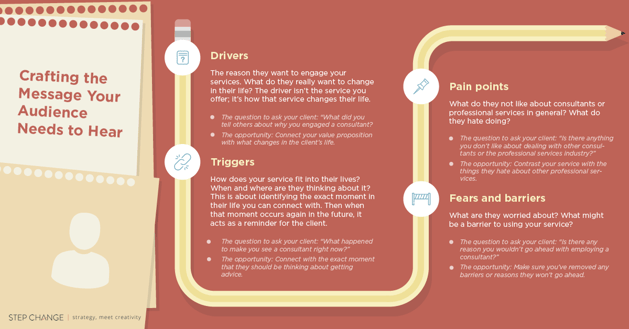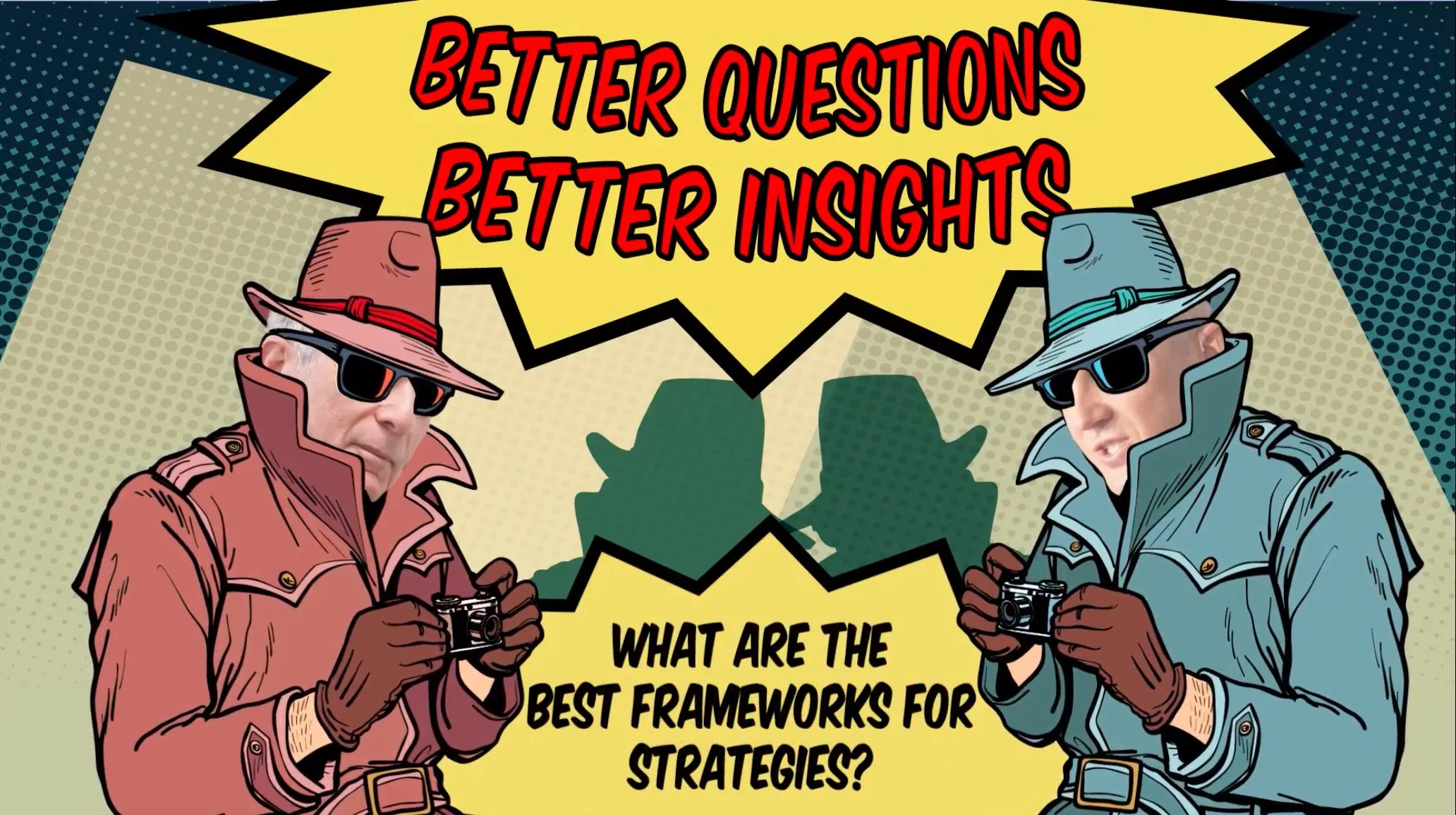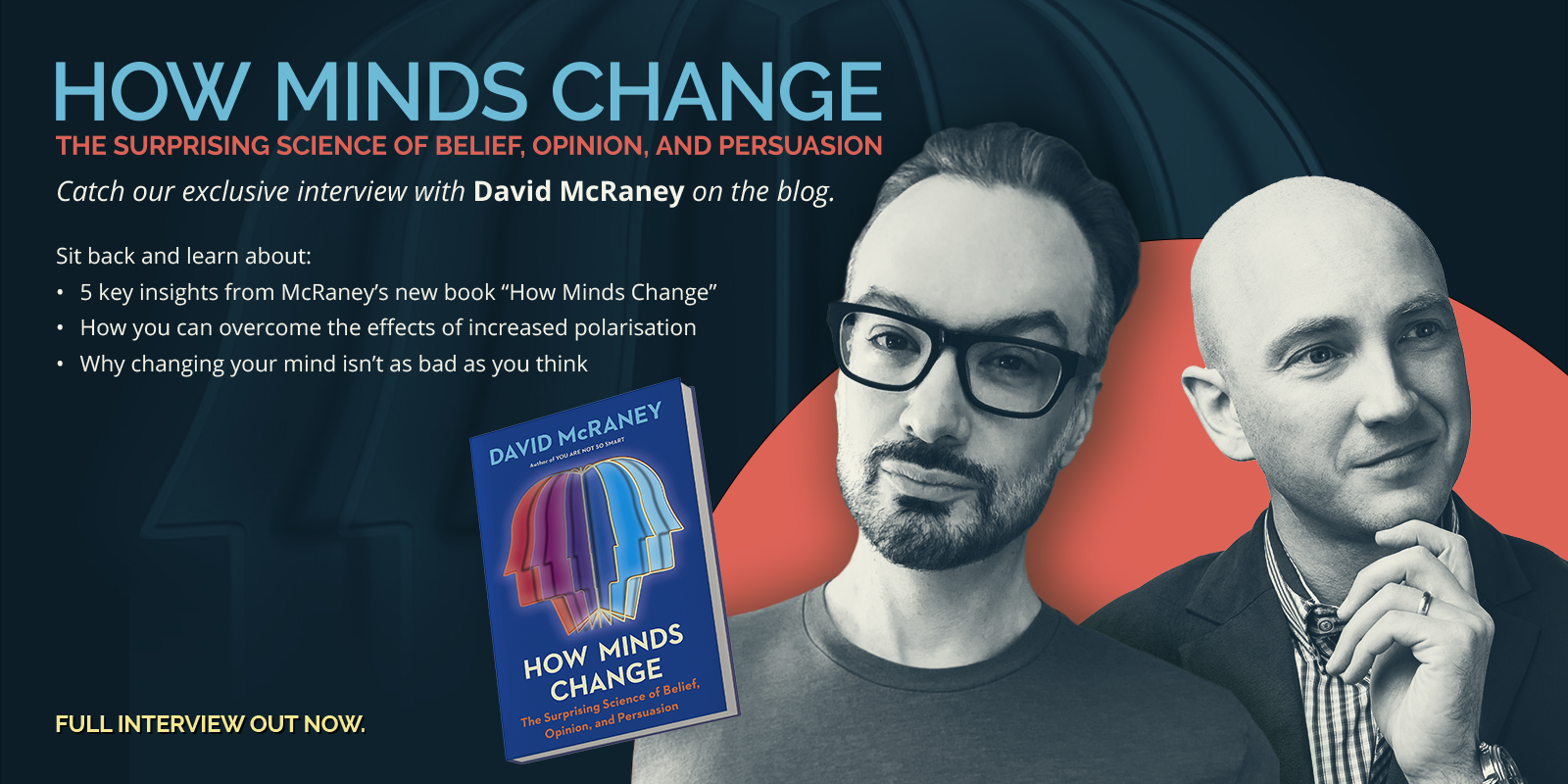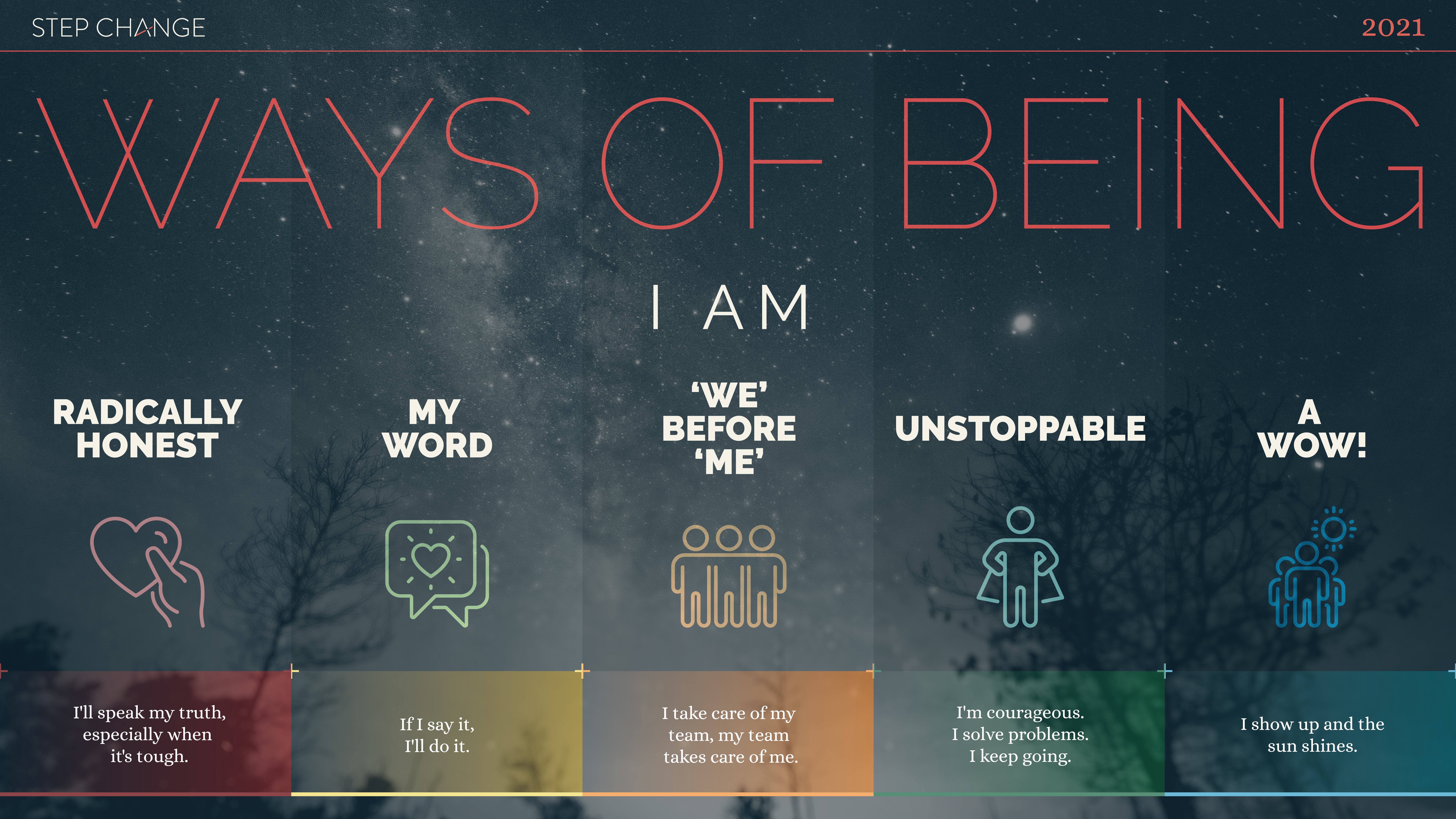I came across this question from a budding entrepreneur in an online community of marketers: “I just launched my own consultancy, and I am curious: Do I focus on reaching out and getting clients? Or do I build my brand online with the aim of acquiring clients that way?”
It’s a great question. It’s just not the first one I’d be asking. Here’s why.
At its heart, the question is really asking what communication or marketing channel he should use to acquire new clients. In other words, what’s the right medium? Similar questions asked of us strategists include, “Should I be using Facebook for my business?” or “Should I start with SEO or SEM?”
Before we can answer this, we need to ask three other marketing questions.
- What’s the result you are after?
- Who’s your audience?
- What do they need to know or hear (i.e. What’s the right message)?
Once you have the answers to these three, the medium — and therefore the next step — becomes clear.
We call this four-step framework RAMM: Results, Audience, Message, and Medium.
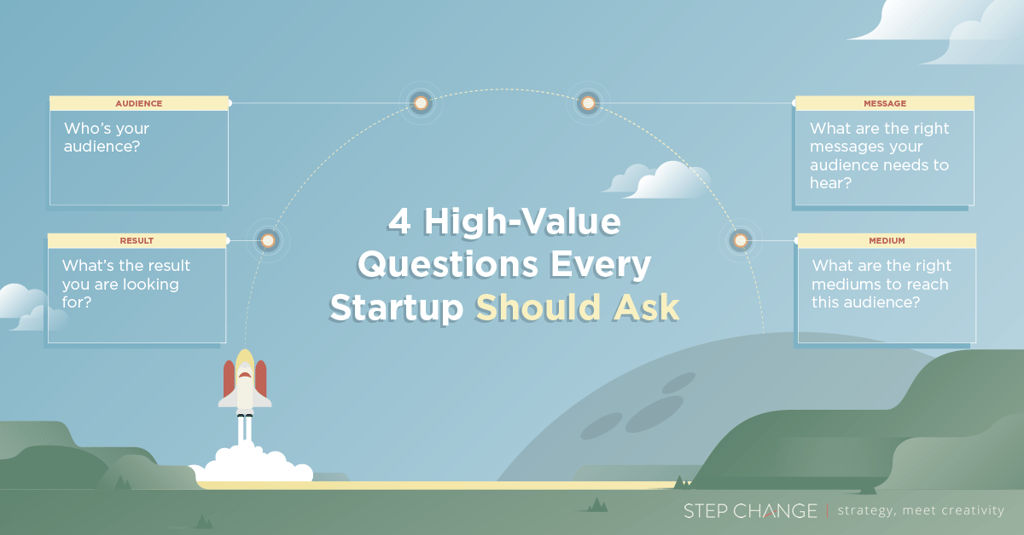
- Result. This is where you want to start. You need to determine the result you’re after. Start with an objective, and then you can say, ”Right, if that’s my objective, what’s the fewest number of people I actually need to speak to?”
- Audience. Your job here isn’t to reach out to everyone in the world. You want to speak to fewer people and be more engaged with them. You want to achieve what’s called effective frequency; this means the people you want to speak to hear your message enough times that they can actually take action. To learn more about how to identify and captivate the right audience, there’s an in-depth discussion you can watch here.
- Message. The message is not what’s great about your business; it’s what you need to say to them to get a result
- Medium.Once you’ve gained an understanding with your desired result, your target audience, and your message — you can then decide the best routes and the best channels to get your message across
Let’s take a closer look.
Question 1: What’s the Result You Are Looking For?
It sounds obvious, but you’d be surprised how many people don’t take the time to decide and document the results they are looking for before they start spending their marketing budget.
For a consultant, results might include ”Increase the number of referrals we receive per month from 8 to 10 by July 2017” or “Increase our retained clients from 5 to 15 by December 2018”.
In the latter example, we now know that we need to find 10 clients before 31 December. Looking for 10 clients is different to trying to attract 100 clients and therefore impacts on the medium we choose to use. But we’re not ready to answer our entrepreneur’s question just yet.
Here’s a handy formula to remember: <verb> from X to Y by when.
Question 2: Who’s your AUDIENCE?
When I ran my own marketing consultancy, I had three distinct audiences (or target markets), each with their own needs. For me, they were the marketing managers who were swamped with work and needed a safe pair of hands to help with tricky projects, the business owners who were confused by all the marketing jargon and wanted independent advice on what they should be doing, and the creative agencies who wanted to add to the value they delivered to clients without adding a permanent member of staff to their team.
Related topic: How to Know and Captivate the Right Audience
Question 3: What are the right MESSAGES that your audience needs to hear?
There are thousands of consultants out there, so it’s important to understand what your points of differences are. The most compelling points of difference are, of course, the ones that matter to your clients. A value proposition needs to connect with the client across one of these four areas: drivers, triggers, pain points, and fears & barriers.
This infographic will serve as your guide as you create your business’s value proposition that will make your customers buy.
Click the image to download your copy of this guide.
Question 4: What are the right MEDIUMS to reach this audience?
Now this is where we get to answer the entrepreneur’s question.
You might have guessed by now that it depends on the answers to the above questions. If you need to reach 10 clients, you might start on the phone by reaching out to referral sources.
A good rule of thumb is to start with your owned assets first — in the case of our startup entrepreneur — the website is a great place to start to build out the brand. Plus, it’s a hygiene factor. So too is LinkedIn. Only then would you look to increase your brand presence online.
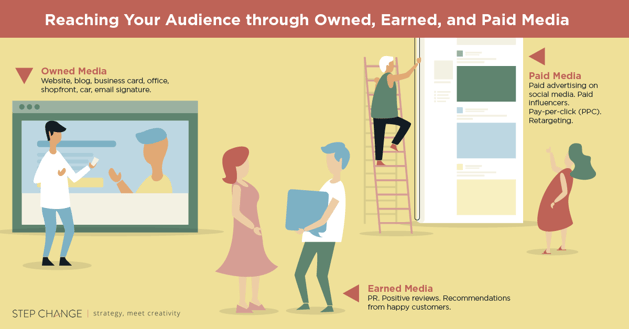
- Owned Media. What are the channels you own? What are the things you have complete control over? It could be your website, your business card, your office, your shopfront (if you’ve got one), your car, your email signature. Email signatures are one of the most overlooked but powerful channels by sheer reach. This gives you the highest ROI.
- Earned Media.This medium is something you get as a result of doing something else. A good example is PR. PR is any type of publication that will write an article about you, profile you in the local paper, or get you onto Australian news or the morning breakfast — but you have to earn that exposure.
- Paid Media. This is the lowest ROI. This is when you’re actually starting to spend money on your digital marketing, on your adverts, on passively paying for a slot at a conference.
So there you have it. Before thinking about client acquisition or brand growth, the four questions startups really need to ask are (1) What’s the result you are looking for? (2) Who’s your audience? (3) What’s the right message? (4) What are the right mediums to reach this audience?
Get marketing strategy insights delivered straight to your inbox on Mondays.
A version of this article is seen on First5000.
Kathy Rhodes is a Strategy Director at Step Change. She has over 12 years’ experience developing and managing a diverse range of B2B and B2C awareness, acquisition and retention campaigns. As a former business owner herself, she has a keen interest in helping businesses achieve profitable growth and expansion through high-quality, strategy-led marketing campaigns that excite and build trust.
